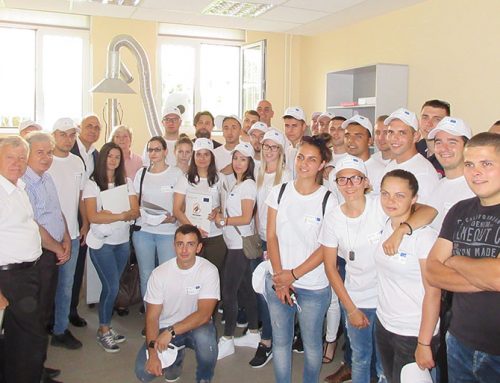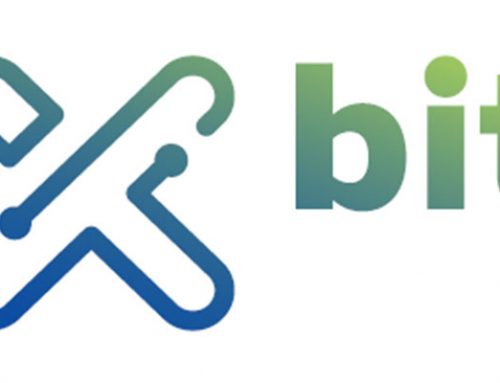Six women from Cicevac municipality have been trained to provide social care for people with mental disability and mental health disorders within the EU-funded project „Development of comprehensive Independent Living Support system in Central Serbia.” The project is aimed to establish a sustainable and high quality service of “home care” to persons with intellectual and mental disabilities with the provision of new jobs to social protection.
Dusica Radovanovic (58) with mental disability lives alone in a family house in Stalac, a village in the municipality of Cicevac. There is a lot of snow in the backyard, the last day of December is very cold. Her sister takes care about her, but in the last two months a nurse, Jasmina Milicevic, takes care of her as well. Jasmina visits her every day and spends some two hours with Dusica.
Jasmina and other five women from the municipality of Cicevac have been trained to provide social care for people with mental disability and mental health disorders. After two decades of “waiting for the job” Jasmina says she is finally “happy because she has a job, and help others.”
Jasmina and other five nurses take care about 24 persons with mental disability and mental health disorders in Cicevac under the activities of the project „Development of comprehensive Independent Living Support system in Central Serbia” funded by the European Union. The project is aimed at establishing a sustainable and high quality service of “home care” to persons with intellectual and mental disabilities with the provision of new jobs to social protection.

The project is jointly implemented by the NGO Center for Socio-Economic Development (CDER) from Jagodina with the City of Jagodina, Cicevac and Zabari Municipality in partnership with social service providers – Centre for Social Work Jagodina, Red Cross Cicevac and the Centre for Social Work Zabari.
The purpose of service “home care” is to support persons in everyday needs, in order to improve or maintain the quality of their life. The service is designed for people with intellectual and mental disabilities who are not able to live independently in their homes without regular assistance in daily activities, care and supervision, where family support is insufficient or absent.
According to Slavica Salman, secretary of the Red Cross Cicevac service, “home care” in Cicevac began in November 2014 and would run for 14 months. “We are very pleased how the project takes place on the basis of cooperation with the Centre for Social Welfare, the Primary Health Care in Cicevac, local offices and field work. It is reasonable to expect that number of beneficiaries will be increased. For now, the service ‘home care’ is provided by six nurses in our community,” said Salman, adding that it would be great if local community showed more understanding and support for these activities.

“Jasmina came to visit me, she is helping me at home, we are drinking coffee, talking, she cleans snow, brings me a prescription,” said Dusica and cannot hide happiness because her house is full of guests. “Every day I am alone, and now its winter and it’s hard,” she says, adding that Jasmina means a lot to her.
“Service ‘home care’ which is being developed in this project is innovative. Although it has long been present in Serbia as well as in Cicevac, Jagodina and Zabari, by now it has not piloted to provide social care to persons with with mental disability and mental health disorders. The project will provide an important contribution to the assessment of the applicability of these services to new users groups,” Ivan Mladenovic from CDER from Jagodina said.

Total value of the project is 166,589 EUR, out of which the European Union provides 141,601 EUR, and the rest is secured through local financing. The project started in July 2014 and would last 18 months, until early 2016.
The European Union has granted more than EUR 2,3 million to social welfare and health care institutions, civil society organizations, and local governments in Serbia under the Open Call for Proposals on “Support to de-institutionalization and social inclusion of persons with intellectual disabilities and mental health problems” under the activities of OPEN ARMS project. Grants are awarded to 19 projects. Aim of the projects is to enhance the position of residents in residential care institutions for persons with mental disability and mental illness and creation of conditions for their social inclusion in the local community.



